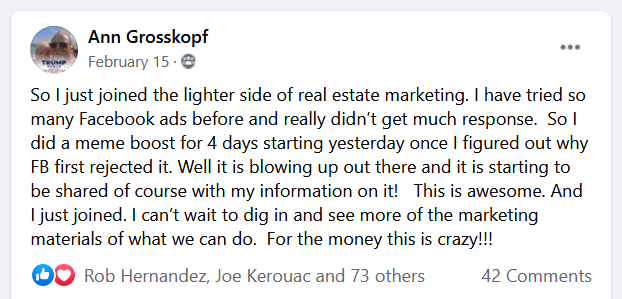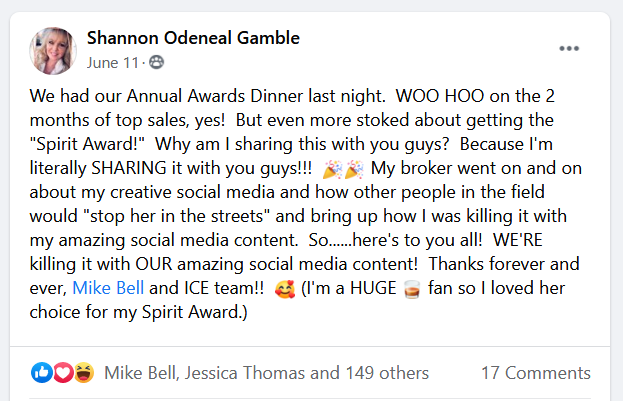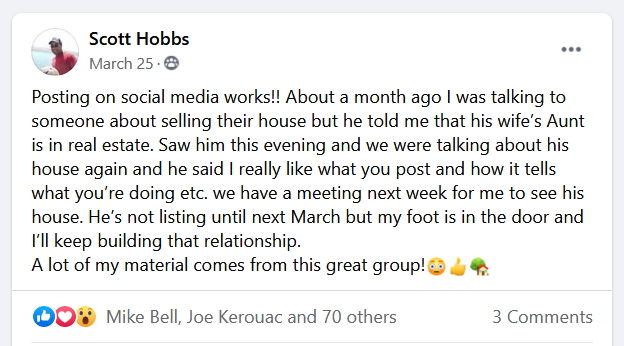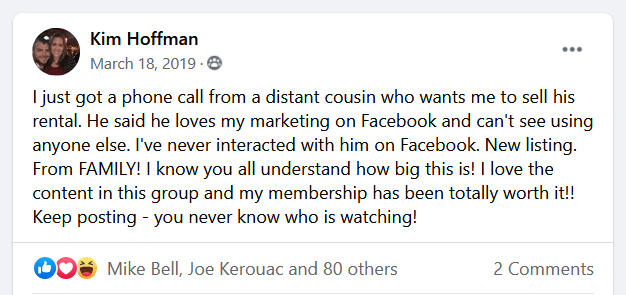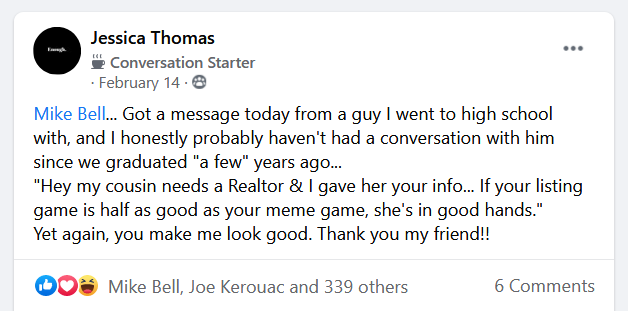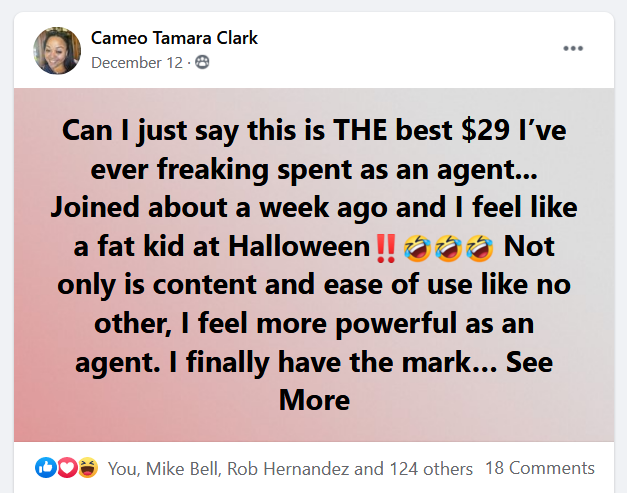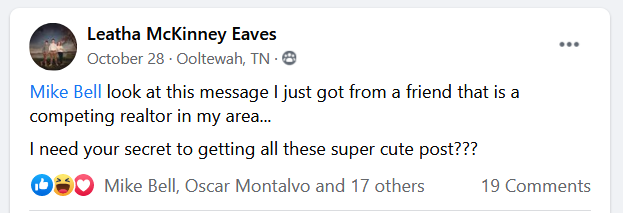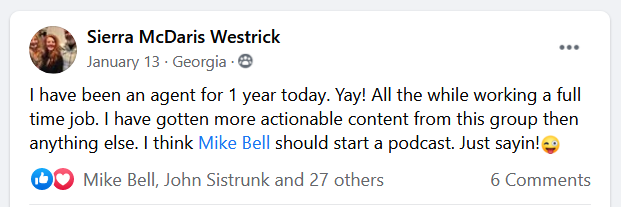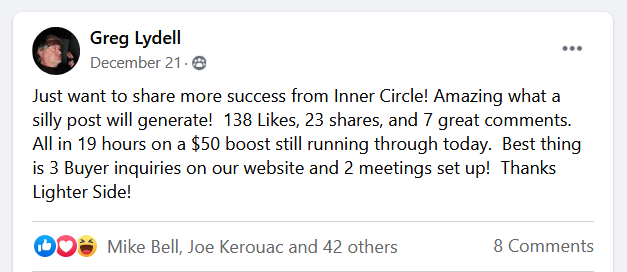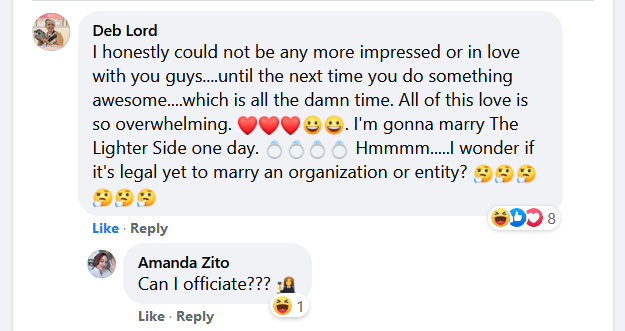
7 Real Estate Photo Tricks That Aren’t Fooling Anyone
In the world of real estate, first impressions don’t happen at the front door—they happen on a screen. Before buyers ever set foot on the


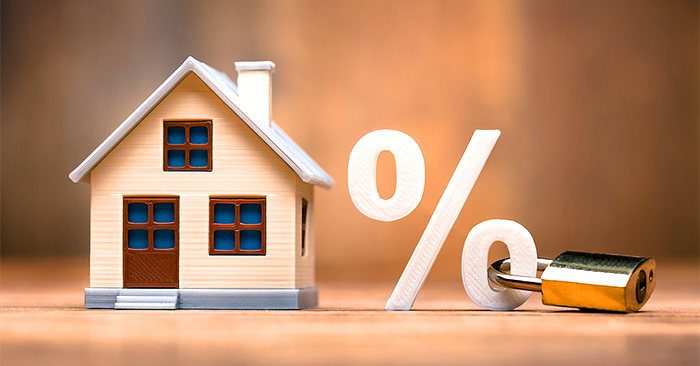
The stock market was making news one day recently because it was surging upwards due to some rumors that the Fed was going to cut interest rates soon. But almost as quickly as that news broke, the Federal Reserve Chair Jerome Powell issued a statement saying that they were not planning on doing so, at least quite yet. And that made the stock market go back down again…
But it’s not only Wall Street that keeps an eye on interest rates and makes decisions based upon where they’re potentially headed; it’s also something many home buyers do.
Any hint of interest rates falling will always get the attention of people considering buying a house, but especially now with rates being higher than they were a year or two ago, and many buyers hoping they’ll take a decent dip downward.
But while fixed-rate mortgages are certainly indirectly impacted by what the Fed decides to do, it’s the 10-year Treasury yield that more directly impacts what rates are being made available to home buyers, which causes them to rise or fall ahead of what the Fed actually does, but based upon what people expect them to do.
To put it simply, mortgage rates could (and often do) decrease even before the Fed actually decides to cut the rates.
Then again, they could go up, depending upon who the market feels things are going to pan out in the near future. There’s literally no predicting.
Which is why a mortgage rate lock can be a good decision, if you’re in the market to buy a house.
A mortgage rate lock is an agreement between a borrower and a lender to lock in a specific interest rate on a mortgage loan for a certain amount of time. This locks in the interest rate and prevents them from fluctuating during the lock period, which is typically between 30 and 60 days, although longer lock periods are sometimes available.
The purpose of a rate lock is to protect the borrower from potential increases in interest rates while the loan application is being processed, as mortgage rates can fluctuate daily based on market conditions. Once the rate lock is in place, even if interest rates rise, the borrower is still entitled to the lower rate agreed upon during the lock period.
There are some exceptions, but rate locks are typically used when a borrower has found a suitable property and wants to secure financing at a specific interest rate before completing the purchase.
However, while most rate locks are only good for 30-60 days once a buyer has a house under contract, according to Bankrate, there are some lenders and programs that will allow you to lock a rate anywhere from 30-120 days, and even before the buyer has actually found a home to purchase.
So, the short answer to when you can lock in is: It depends upon the lender and the programs they offer.
Depending upon your situation and needs, you may have to shop around for a lender who can accommodate the length of time you want to lock a rate. But it’s never going to be a situation where you can lock in a sweetheart deal for the next year or two if rates go down. There’s a limit to the amount of time they’ll give you, which typically amounts to a couple of months.
As with many things in life, there are some pluses and minuses to rate locks. Before deciding if it’s the right decision for you and your situation, here are some of the pros and the cons you should consider:
The Takeaway:
Lately it seems as if mortgage interest rates could as easily go up as they could go down at any given moment. So if you’re in the process of buying a home, you may want to “lock in” your mortgage rate just in case rates go up before you get to the closing table.
A rate lock can shield you from rates going up, and if you have a “float down” option, it will allow you to get the lower rate if they go down instead of rising. Just make sure to consider the pros and cons of locking your rate before committing to one, because it will come with some limitations and time constraints, and cost some money to secure the lower rate.

(Shh, our secret)
Show your sphere your an expert. We have over 2100 articles covering every real estate topic your audience will love.
Position yourself as a real estate authority!
Real estate + topical events — the perfect match!
Become the bearer of good vibes!
Because hey, everyone loves to laugh!



Get our weekly email that makes communicating with your sphere on social actually enjoyable. Stay informed and entertained, for free.

In the world of real estate, first impressions don’t happen at the front door—they happen on a screen. Before buyers ever set foot on the
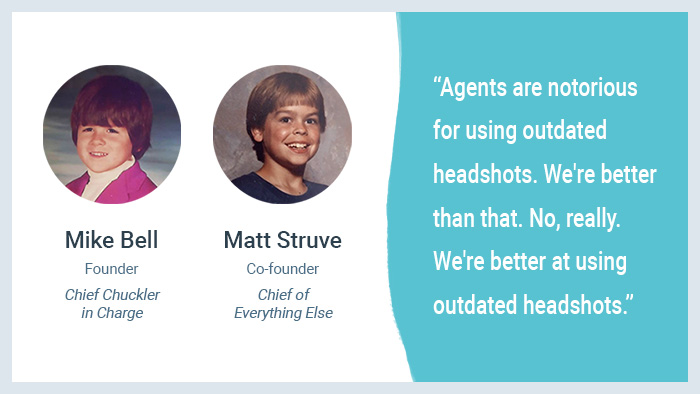
Fair Warning: This story isn’t exactly short. BUT… if you stick with me til the end, AND you’re a real estate agent, you’ll receive a

You probably never even heard the term until you became a real estate agent. But once you became one, you were probably told how important

At this point everyone knows not to fall for the email from a Nigerian prince promising to share his fortune with you if you just

Blogging is something many real estate agents struggle with. To begin with, you might wrestle with whether or not it’s even worth doing. Is blogging
Depending on your situation, it may not take the full 30 minutes.

This reset password link has expired. Check the latest email sent to you.

